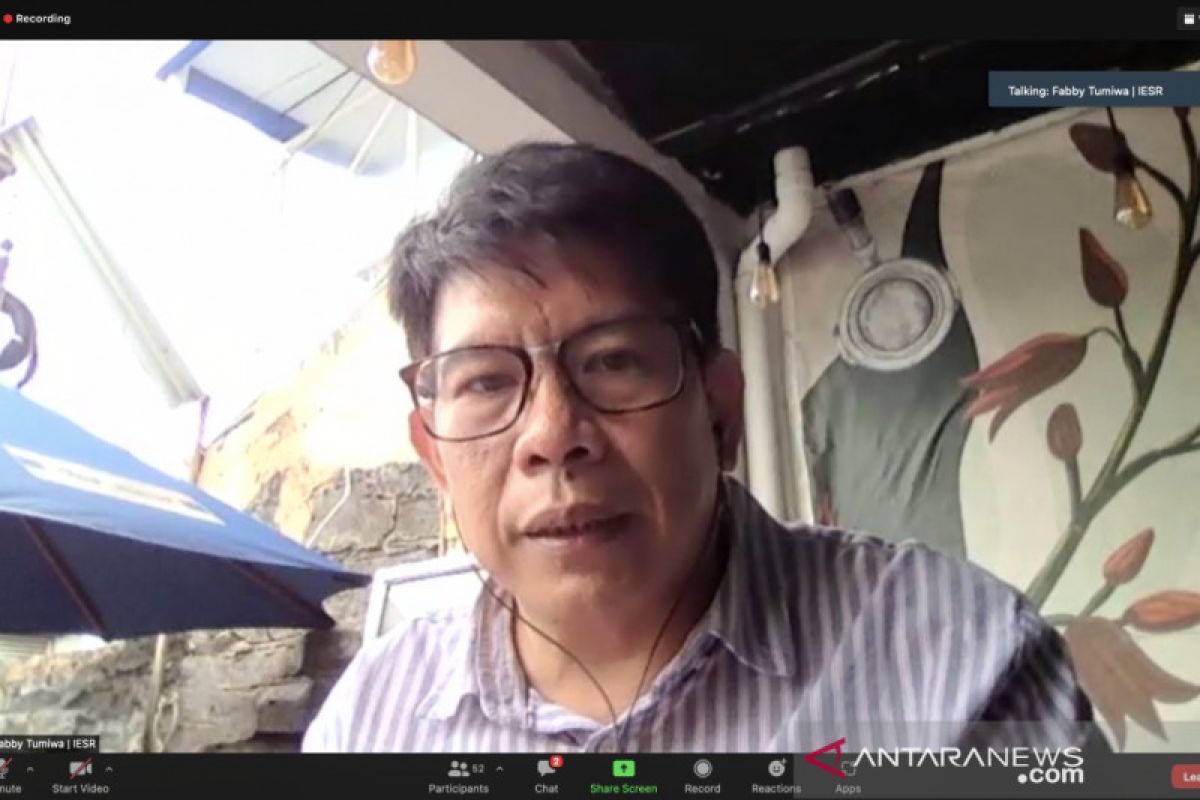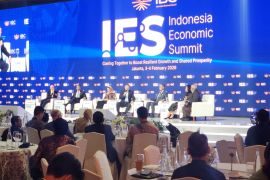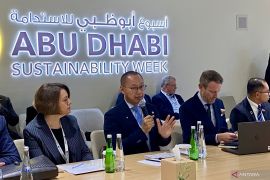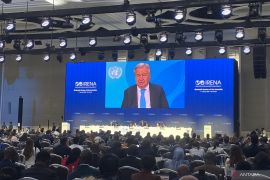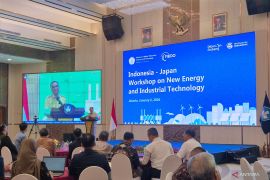This bill is highly influenced by the interest of status quo, specifically coal and nuclear industries that sneak into the bill by using the new energy definitionJakarta (ANTARA) - Several organizations representing a certain group of people deemed that the New and Renewable Energy Bill (RUU EBT) fails to align with its objective of encouraging sustainable utilization of renewable energy.
The Institute for Essential Services Reform (IESR) highlighted the ambiguity in the bill, as it combines fossil, nuclear, and renewable energy within one law.
"This bill is highly influenced by the interest of status quo, specifically coal and nuclear industries that sneak into the bill by using the new energy definition," IESR Executive Director Fabby Tumiwa pointed out here on Thursday.
New energy source, which is a product of coal and nuclear power plant downstreaming, will increase the potential of abandoned assets and will not significantly reduce greenhouse gas emissions.
The bill does not focus on developing renewable energy that actually needs a political push and stronger regulation framework that can lead to rapid development and realization of the energy transition goal, he opined.
Bersihkan Indonesia coordinator Ahmad Ashov Birry has encouraged the House of Representatives (DPR) to prepare policies that clearly support renewable energy.
Birry believes that the bill on renewable energy which is claimed to support renewable energy, obscures the future of renewable energy by allowing for fossil and other dangerous energies to be associated with renewable energy.
"This can send an unclear signal to the international community that is keen to support Indonesia in the transition process," he remarked.
Indonesian Renewable Energy Community (METI) Executive Director Paul Butarbutar noted that the bill should focus on renewable energy and become the legal foundation to maximize investment in clean energy.
As a result, net zero emissions can be achieved at the earliest.
"Every article that relates to new energy and terminologies that are unrecognized internationally can be removed," he remarked.
If the government and nuclear industry intent to encourage nuclear utilization, then the government should instead prioritize revising Law No. 10 of 1997 on Nuclear Power.
Meanwhile, in terms of energy transition, the revision of Law No. 30 of 2007 is deemed necessary.
Related news: Indonesia will not export new, renewable energy: minister
Related news: Jokowi pushes ASEAN-US cooperation on climate change mitigation
Related news: Regulation on energy buffer reserves examines transition aspect
Translator: Sugiharto P, Fadhli Ruhman
Editor: Sri Haryati
Copyright © ANTARA 2022
